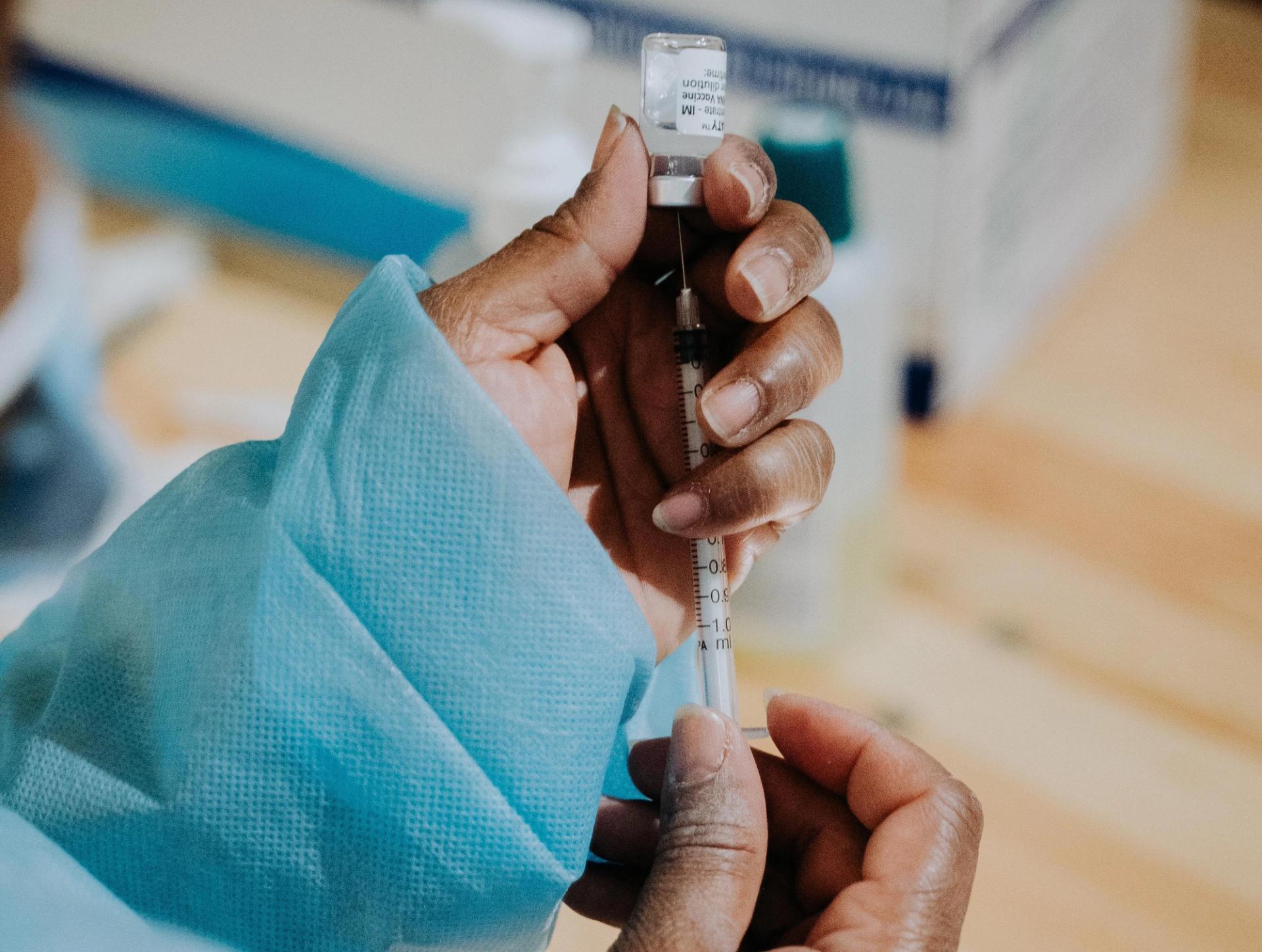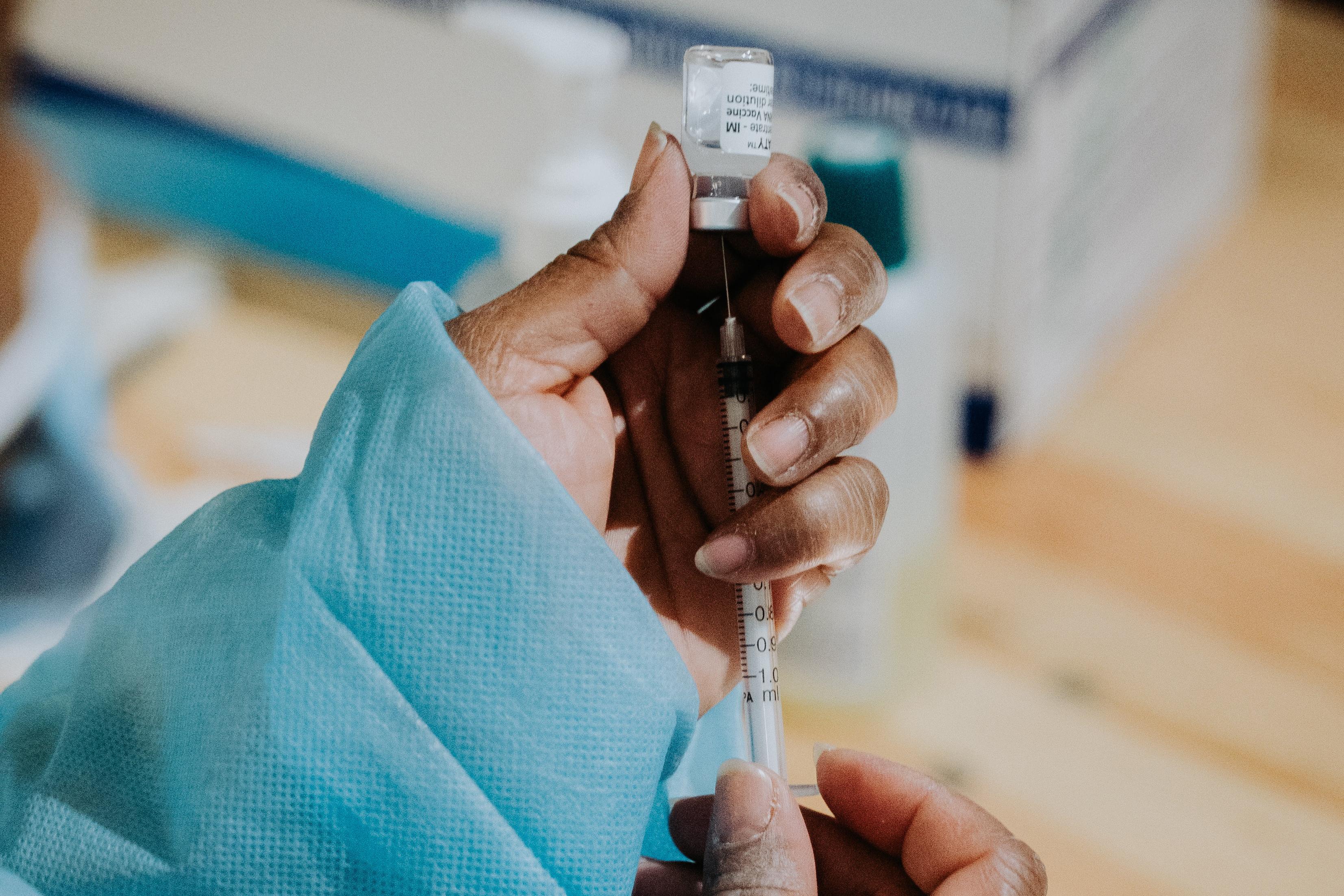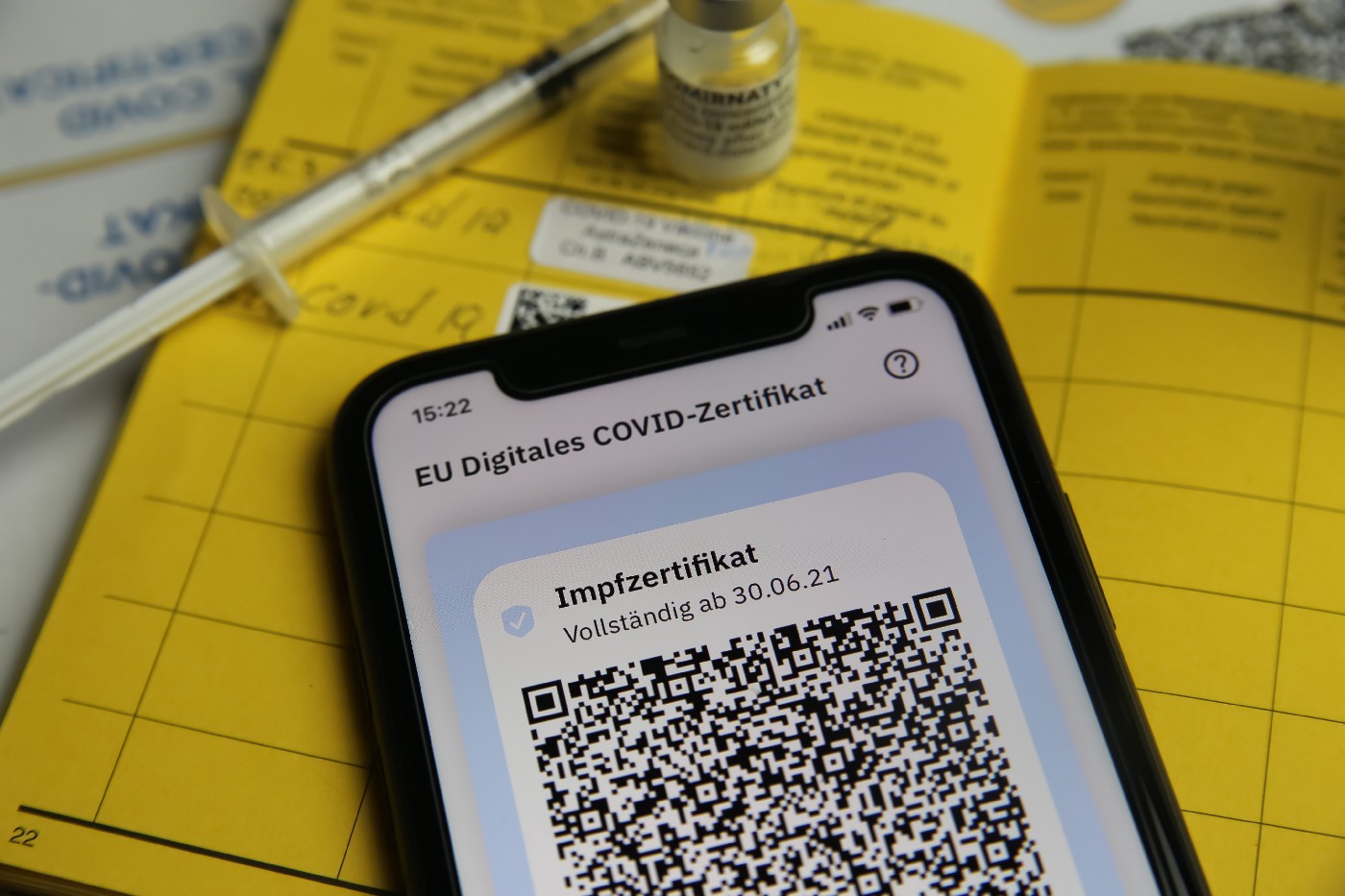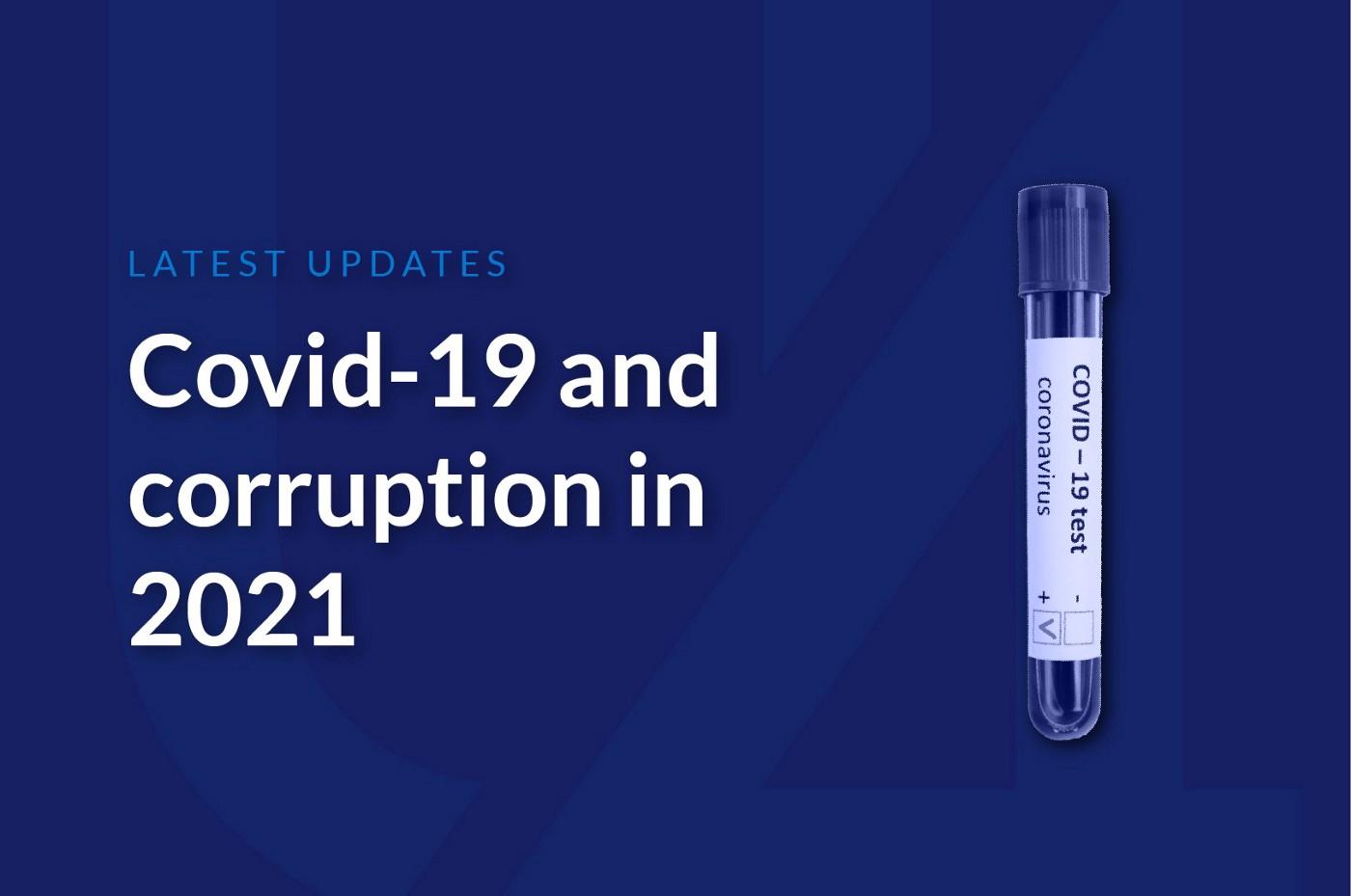Blog
Global access to Covid-19 vaccines: Lifting the veil of opacity

Since the pandemic started, unprecedented amounts of public funding have been provided for Covid-19 vaccine development, and several vaccines have been developed at record speed. COVAX was set up as a multilateral mechanism for pooled procurement to ensure fair and equitable access to Covid-19 vaccines. But almost two years into the pandemic, availability of these life-saving drugs remains grossly unequal, with access dependent largely on national wealth.
A key reason for this inequity is the lack of transparency and public access to information around critical decision-making points along the vaccine value chain: in research and development (R&D), manufacturing, distribution, and contracting. Lifting the ‘veil of opacity’ in each of these stages is an essential step towards achieving fair and equitable access to vaccines worldwide.
R&D: Who’s funding whom, and under what terms?
Public funders of vaccine R&D missed the opportunity to define, early on, key parameters for the expected race for vaccine development. Despite the vast public monies poured into vaccine research, little public information is available about which entities have received funding, in what amounts, through what mechanisms, and under what conditions. This impedes well-informed public debate and open decision making on the different options for scaling up vaccine production. Additionally, lack of public access to information about vaccine clinical trials has fuelled public distrust in the vaccines.
It is not too late. National governments, the European Union, and COVAX should ensure public access to crucial information, ideally through an international platform. Also needed is open public debate on several key issues. For example, should developers receiving public funding in health emergencies be required to share the vaccine recipe, if successful, so that vaccines can be produced around the world? What would be the best way to transparently and collectively define the optimum approach to technology transfer for the public good?
Manufacturing: Open debate is needed on how to scale up
Currently, the global demand for Covid-19 vaccines far outstrips the available manufacturing capacity of vaccine developers. The spread of dangerous virus mutations across borders and continents reinforces the need for a global approach to rapidly scale up vaccine production. This requires a transparent collective-action approach among countries and companies, beginning with open public debate on issues such as who can manufacture vaccines, where, using which technologies, and under what terms.
Governments’ and the pharmaceutical industry’s positioning on temporary patent waivers, technology transfer, and public licensing should be made public to encourage open, informed decision making and transparent political choices. This would also make it possible to strengthen lobby transparency and address policy incoherence.
Distribution: Secrecy fosters unequal access
Covid-19 has increased global poverty and inequality, and low-income countries will take far longer to recover from the pandemic than richer countries. When looking at the international distribution of Covid-19 vaccines, it’s clear that the wealthiest nations have secured sufficient vaccines to inoculate their populations several times over, while most low- and many middle-income countries have had little access. By September 2021, 45.2% of the world population but only 2.3% of people in low-income countries had received at least one dose of a Covid-19 vaccine. And COVAX has been able to channel just 311 million doses to some 143 countries in need, a tiny fraction of the 6.1 billion vaccine doses delivered worldwide.
Bilateral deals between rich(er) countries and the pharmaceutical industry have undermined the functioning of COVAX. Most seriously, the secrecy around delivery schedules and conditions for donating or selling on ‘excess’ doses has obscured a global overview of the mismatch between supply and demand and made it difficult to take pragmatic measures to balance them.
A global clearinghouse of publicly accessible information on vaccine supply and demand is needed, with data about countries’ access to vaccines, the number of doses promised and/or delivered, the delivery schedules, and the prices paid. The Covid-19 Task Force, which launched a website on vaccines, therapeutics, and diagnostics in July 2021, provides some of the suggested data and is a step in the right direction.
Contracting: A matter of national security?
Secrecy around national vaccine contracts makes it impossible to know how many vaccines are available to each country, when, and at what price, as well as what obligations the purchasers incur. Governments claim that secrecy is necessary to protect proprietary information and avoid jeopardising future deals with pharmaceutical companies. Freedom of Information requests are often denied on grounds of commercial confidentiality or national security. If made available, contracts are highly redacted.
Information about the number of doses delivered seems generally more available than information about delivery timetables. Lack of information about the latter makes it difficult to conduct public monitoring and hold pharma companies accountable when they fail to meet their commitments.
Secrecy around vaccine prices has contributed to some low- and middle-income countries paying more than high-income countries for Covid-19 vaccines. This raises the question of whether prices reflect the differential negotiating power of countries relative to the pharmaceutical companies.
And it is striking that COVAX has followed a similar pattern of secrecy in Covid-19 vaccine contracting even though its mandate is to ensure fair and equitable distribution of vaccines.
All governments and COVAX should make their Covid-19 vaccine contracts and advance purchase agreements publicly available, with redactions kept to a minimum, in line with the ten Principles on Commercial Transparency in Public Contracts. In particular, they should publish the quantity of doses procured as well as the delivery schedule for each contract and the prices paid.
The international community must act
To curb the pandemic, the international community must take urgent steps to address unfair global access to vaccines. This requires transparency, accessible public information, and open public debate around decision making in all stages of the vaccine value chain. Donor agencies and international organisations play an important role in this regard: they should take action to ensure policy coherence for sustainable development, support the development of an international clearinghouse of information on Covid-19 vaccines, and promote transparency in all COVAX’s crucial functions. This will provide a basis for measures to ensure universal and equitable access to the vaccines and contribute to lessons learned for future pandemics.
Read the full U4 Issue, Global vaccines to curb the Covid-19 pandemic: Lifting the veil of opacity
Disclaimer
All views in this text are the author(s)’, and may differ from the U4 partner agencies’ policies.
This work is licenced under a Creative Commons Attribution-NonCommercial-NoDerivatives 4.0 International licence (CC BY-NC-ND 4.0)


